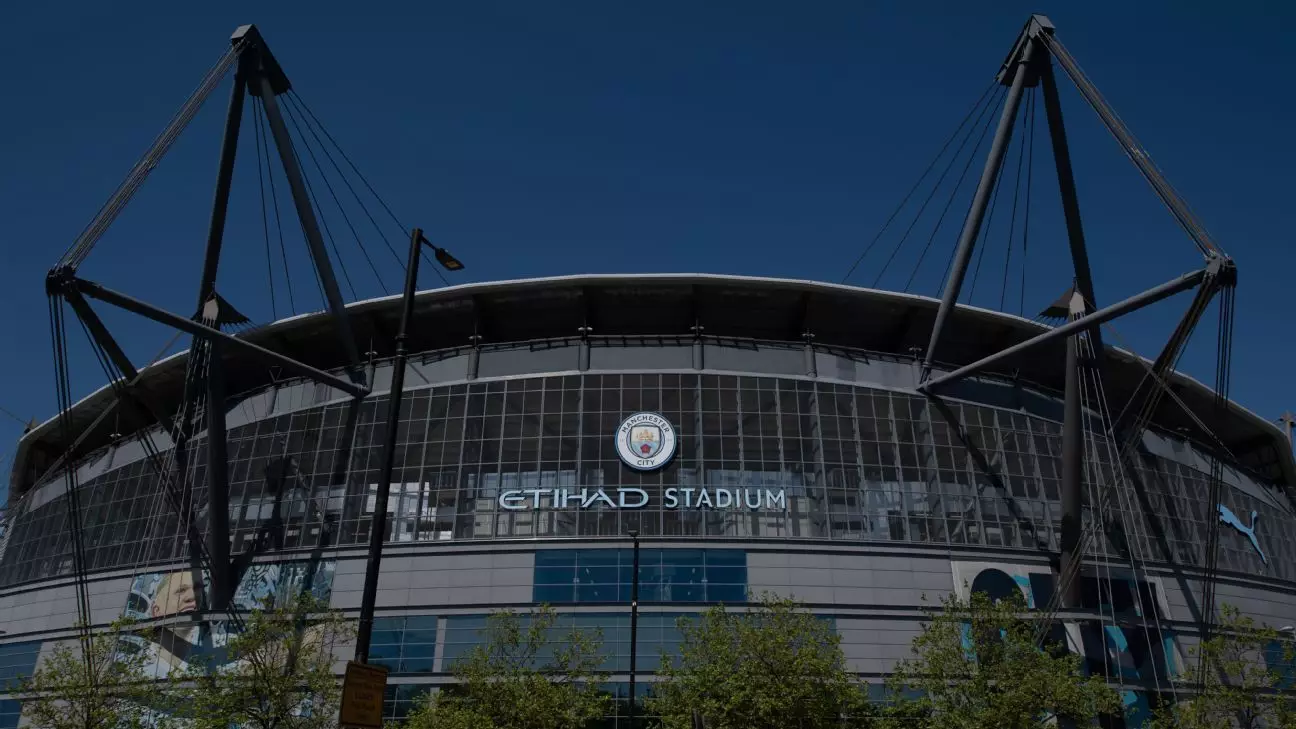The arbitration case between Manchester City and the Premier League has concluded, bringing attention to the intricacies of the Associated Party Transactions (APT) rules. Initially bringing their case to light in June 2023, Manchester City challenged the legitimacy of the Premier League’s APT regulations, which are designed to govern financial dealings within the league, particularly sponsorship agreements involving club ownership. The arbitration panel’s verdict, contained within a comprehensive 175-page document, suggests both parties are attempting to leverage the outcome to their advantage, effectively framing the narrative of the legal proceedings as one of mixed victories and defeats.
The APT rules were instituted in December 2021, aimed at curtailing potential exploitation by clubs owned or influenced by state-affiliated entities, particularly in scenarios where inflated sponsorship deals could shore up an unfair competitive advantage. This preemptive move by the Premier League stemmed from rising concerns regarding the commercial viability of clubs post the Saudi Arabia-backed acquisition of Newcastle United. Manchester City, owned by Sheikh Mansour bin Zayed al Nahyan of Abu Dhabi, found itself at the center of this discourse, as the rules would directly impact its lucrative affiliations, particularly with sponsors such as Etihad Airways.
The arbitration findings indicate a complex landscape. For one, while the panel determined that the APT rules themselves are a legitimate structural mechanism of the league, they also highlighted that certain aspects of these regulations are unlawful as they breach the Competition Act 1998. Importantly, the panel dismissed City’s claim that the rules specifically targeted clubs with ownership from the Gulf region, indicating that there was insufficient evidence to substantiate allegations of discrimination. However, in a significant nod to Manchester City, the ruling mandates that future APT regulations must incorporate the assessment of shareholder loans—essentially interest-free loans provided to clubs—which could potentially alter the competitive dynamics across the league.
This duality in the verdict leaves room for interpretation and allows both the Premier League and Manchester City to stake their claims for a “victory.” Manchester City, for its part, can frame the ruling as a validation of their concerns regarding the APT’s impact on clubs, while the Premier League can tout the affirmation of the APT’s essence as a fair regulatory framework.
The implications of this verdict stretch far beyond the immediate legal confrontations. By scrutinizing the practices referring to shareholder loans, the Premier League could see a ripple effect across several clubs that may currently benefit from such arrangements. As Manchester City steps forward, announcing its lack of penalties and the perceived success of its challenge, the potential for other clubs to pursue similar claims against the Premier League looms large. Observers speculate that clubs which had previous commercial arrangements constrained by the old APT rules may feel empowered to seek redress.
Moreover, the panel’s requirement to revisit the evaluation of City’s sponsorship agreements—including the multi-million-pound dealings with Etihad—could set a precedent, reshaping how sponsorship deals are negotiated and accepted within the league. While critics highlight the pitfalls of over-regulation and its potential to stymie commercial innovation, the move predicts a critical adjustment in how clubs articulate their financial wellness and operational sustainability.
What Lies Ahead: The Bigger Picture of Financial Regulations
Despite the noise surrounding this arbitration outcome, it is essential to note that it appears to have little direct influence on the more pressing maritime legal challenges Manchester City faces concerning the alleged breaches of more than a hundred Premier League regulations from previous years, which hinge significantly on financial transparency. These previous cases could bear weight on how clubs within the league negotiate their operational frameworks.
Ultimately, the arbitration ruling serves as a critical juncture for the Premier League and its clubs. With the agreement that the APT rules were largely lawful comes the need for minor adjustments—changes that do not drastically alter the overarching framework but do highlight the evolving nature of financial regulations within English football.
While both parties claim a form of superficial victory, the essence of this ruling appears to advocate for a more equitable operational landscape across the league. It subtly reinforces accountability while raising critical questions regarding the nature of ownership, sponsorship, and the sustainability of football economics as clubs navigate an increasingly intricate web of financial regulations. As both Manchester City and the Premier League prepare for their next chapters, the implications of this arbitration verdict will undoubtedly linger in the broader narrative of football governance.

Leave a Reply